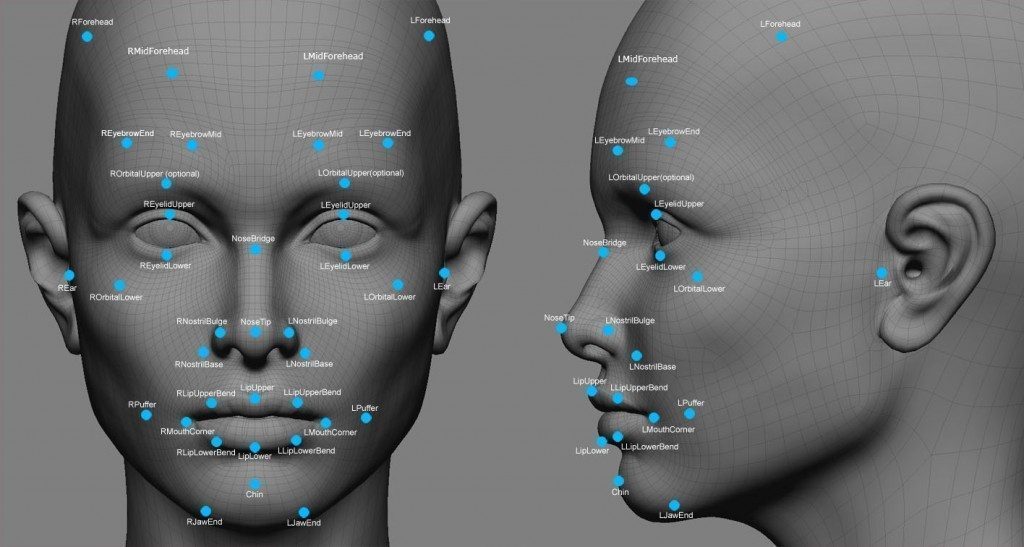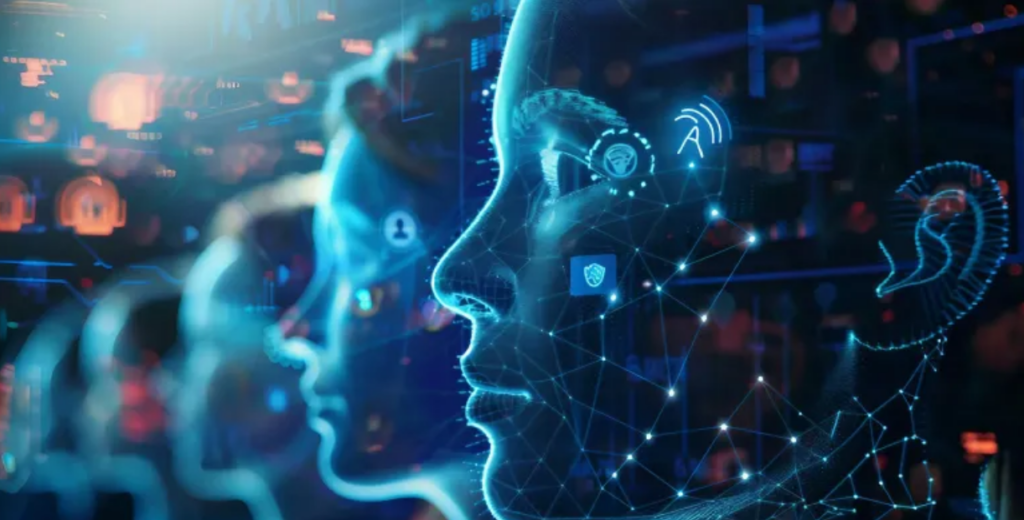Privacy Concerns of “Mission Creep” with New Airport Facial Recognition Programs

It’s a trend that is quickly becoming accepted reality – biometric identification at U.S. airports. So far, it has been marketed mainly as an elective measure for preferred travelers who wish to expedite clearance, or for inbound international travelers. Now, however, it is being sprung upon the general traveling public in new locations, raising concerns from privacy activists like the ACLU about “mission creep.”
Dulles International Airport in Washington, D.C. is the latest to implement facial recognition for boarding. Some people apparently were caught off guard by the new technology, but generally seem to have become desensitized to additional security measures in the United States.
In their article, “Dulles Airport Surprises Passengers with Facial-Recognition Boarding,” NextGovreports:
Passengers preparing to board a Scandinavian Airlines flight to Copenhagen Thursday were surprised by the new boarding system but excited at the prospect of faster, more secure boarding.
“It doesn’t matter,” Maryland resident Kim Meekins said of not being informed ahead of time. “You go to different airports and they do different things depending on their technology. If it’s another safety measure to make sure everyone has a safe flight, I’m all for whatever. I didn’t need to be notified ahead of time.”
Meekins said she is a frequent flyer, so the idea of cutting boarding time in half was enticing.
“That would be awesome,” she said. “It would be wonderful.”
For Thea Ottersen of Norway, privacy was not a major concern, as the general procedure doesn’t differ much from what she has come to expect from American airport security.
However, for those of us who value privacy — and particularly transparency when being demanded to give it up — we have to note the incremental nature of how this has “creeped” into society, now becoming normalized. We must then ask – where does it end?
Privacy activists say there are few safeguards on facial recognition databases used and that the technology evokes fears of a “Big Brother” surveillance state, pointing to China, where law enforcement has been aggressively deploying these systems.
The American Civil Liberties Union has on numerous occasions opposed airport deployment of facial recognition, claiming problems with effectiveness and accuracy, among other things.
ACLU policy analyst Jay Stanley warns that the deployment “normalizes face recognition as a checkpoint technology” and could eventually lead to “mission creep.”
“We’ve seen these technologies spread from airports and now they are used in all kinds of venues, including in some high schools,” Stanley told AFP.
As I previously reported, U.S. Customs and Border Protection has a mandate that’s been 15 years in the making to integrate government databases for ID verification. Private companies have been enlisted to ensure that there is a “quick and easy roll out across U.S. airports,” according to Jim Peters, chief technology officer for SITA, one of the information technology companies working with airlines. The technology has been touted as being “quick as a Google search for most passengers.”
However, privacy and data breaches have become as common as the days of the week, so how reassured are we supposed to feel when a “Google search” for passengers is the rationale being offered?
You can read the DHS document below which perfectly demonstrates the “mission creep” alluded to above. What once began as a pilot program, evolved into a program for preferred travelers, then the general public with some opt-out ability, but eventually by their own admission will become mandatory. From there, we can see the same process playing out beyond airports into trains, buses, large events, conferences … and then?
Nicholas West writes for Activist Post. Support us at Patreon for as little as $1 per month. Support us at Patreon. Follow us on Minds, Steemit, SoMee, BitChute, Facebook and Twitter. Ready for solutions? Subscribe to our premium newsletter Counter Markets.
Related Articles:
Some international travelers can leave their boarding passes and passports in their pockets when flying out of Dulles International Airport thanks to a new facial recognition boarding technology that went into operation Thursday.
After three days of operation, Washington Dulles International Airport’s biometric cameras identified a man allegedly attempting to use someone else’s passport to enter the U.S. A D.C.-area airport’s brand new facial recognition program caught an alleged imposter trying to enter the country on a false passport, the first such detection at an airport using facial biometrics, according to a Customs and Border Protection release.
The Homeland Security Department wants to install more cameras for facial recognition in airports. Customs and Border Protection is looking for sources to provide “mounted facial recognition cameras” to be deployed in an “airport environment,” according to a solicitation posted earlier this month. Those would be procured through a “small business track” on DHS’ indefinite delivery, indefinite quantity contract vehicle, FirstSource II.



